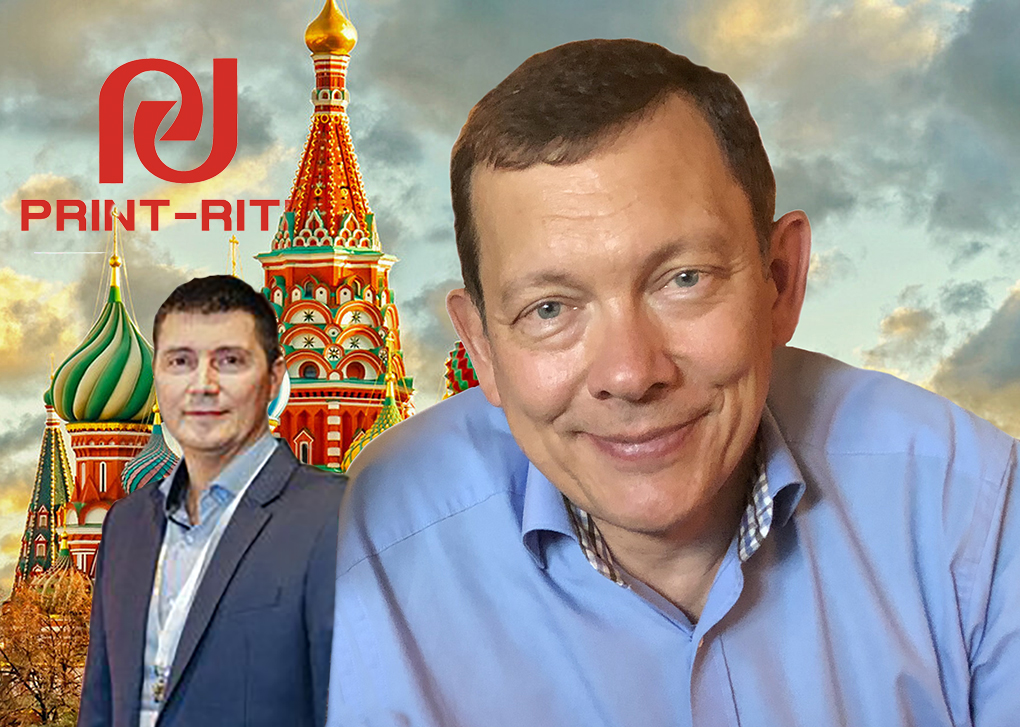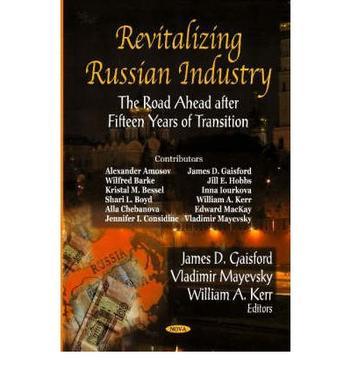Exploring the Impact of Peter the Great Reforms in Russia: A Transformative Era in Russian History
#### Peter the Great Reforms in RussiaPeter the Great, who ruled from 1682 to 1725, is one of the most significant figures in Russian history, known for his……
#### Peter the Great Reforms in Russia
Peter the Great, who ruled from 1682 to 1725, is one of the most significant figures in Russian history, known for his ambitious reforms that transformed Russia into a major European power. His reforms, collectively known as the Peter the Great Reforms in Russia, were aimed at modernizing the country and aligning it more closely with Western European standards. This period marked a dramatic shift in various aspects of Russian society, including government, military, economy, and culture.
One of the cornerstone reforms was in the military sector. Peter recognized that to defend and expand Russia's borders, a modern and well-trained army was essential. He established a standing army and introduced new military technologies and tactics that were inspired by the West. This included the creation of a navy, which was crucial for Russia's access to maritime trade routes and for asserting power in the Baltic Sea. The establishment of the Russian Navy allowed Russia to become a formidable maritime power, a significant change from its previous reliance on land forces.

In addition to military reforms, Peter the Great also focused on governmental changes. He sought to centralize power and reduce the influence of the traditional nobility. This was achieved through the introduction of a new administrative structure that divided the country into provinces governed by appointed officials, rather than hereditary nobles. This shift not only increased the efficiency of governance but also allowed Peter to implement his policies more effectively. The creation of the Table of Ranks was another significant reform, which established a system where individuals could advance in society based on merit rather than birthright, thus promoting a more meritocratic society.
Economically, Peter implemented reforms that aimed to modernize Russian industry and trade. He encouraged the establishment of new industries and the development of infrastructure, including roads and canals, to facilitate trade. The introduction of Western technologies and practices in manufacturing helped to stimulate economic growth. Additionally, Peter promoted education and the sciences, recognizing that a well-educated populace was essential for the progress of the nation. He founded the Russian Academy of Sciences and sent young Russians abroad to study in Europe, bringing back knowledge that would further modernize the country.

Culturally, the Peter the Great Reforms in Russia also had a profound impact. Peter sought to reduce the influence of the Orthodox Church in state affairs and promoted secularism. He encouraged the adoption of Western customs and dress, leading to a cultural shift that embraced modernity. This was evident in the establishment of new social norms, such as the introduction of Western-style clothing and the promotion of scientific and artistic endeavors.
Despite the significant progress made during his reign, Peter the Great's reforms were not without challenges. His methods were often autocratic, and his push for modernization met resistance from traditionalists who were wary of losing their power and influence. The reforms also placed a heavy burden on the serfs, who were required to contribute labor to state projects, leading to social unrest.

In conclusion, the Peter the Great Reforms in Russia were a pivotal moment in Russian history. They laid the foundation for Russia's emergence as a great power and set the stage for future developments in the 18th and 19th centuries. Peter's vision of a modernized Russia was not fully realized during his lifetime, but his legacy continued to shape the country long after his death. The reforms he implemented fundamentally altered Russian society, making it more centralized, militarized, and aligned with Western practices, thus paving the way for Russia's transformation into a major player on the global stage.